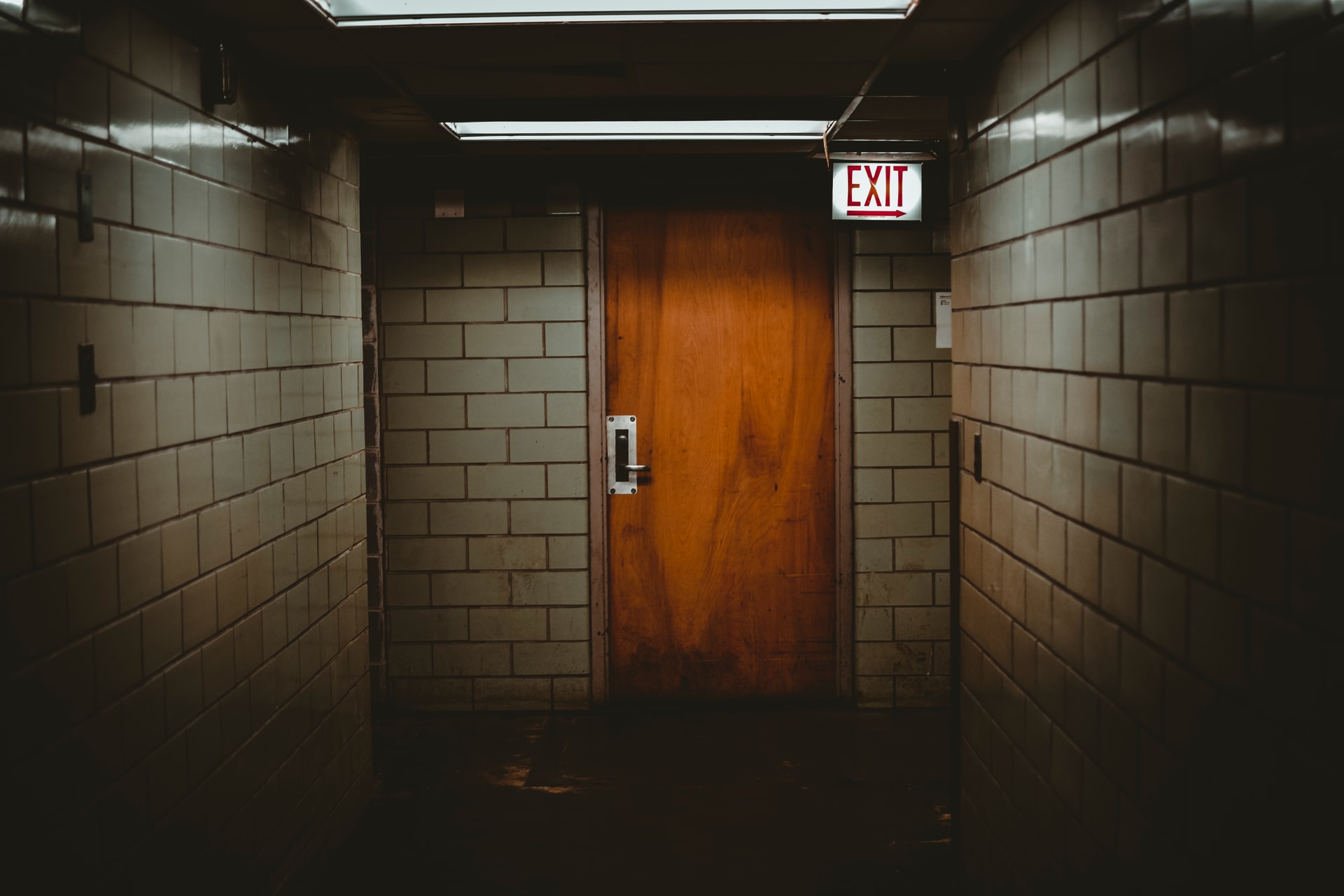Conditional release from serving a prison sentence
If it concerns imprisonment, then in most cases the question of conditional release of a convicted person (parole) arises.
For this purpose, it is necessary that first of all formal and material prerequisites were met, but the final conclusion about the validity of conditional release of a person is made by the court.
According to practice, it is difficult to predict the prospects for early release of a person from prison. Even the slightest violation of the prison order can be a serious obstacle to the release of the convicted person.
Let’s find out what is taken into account when a person is released from prison on parole and how to prepare for it.
At what point can the court release a person on conditional release from prison (formal prerequisites for release)?
The law stipulates that the court may release a person on parole: for a second degree felony or a first degree felony committed by negligence, if the convicted person has served: 1/3 of the sentence (possibility of release with the use of electronic supervision) or ½ of the sentence in the regular order (i.e. without the use of electronic supervision).
For a first-degree intentional crime, a person may be paroled by the court from serving a term of imprisonment with probation, provided that the offender has actually served: ½ of the sentence (possibility of release by electronic supervision) or 2/3 of the sentence (possibility of release by electronic supervision).
What does the court take into account when granting conditional release from serving a prison sentence (material prerequisites for release)?
When deciding the issue of conditional release from imprisonment with probation, the court takes into account the circumstances of the offence, the personality of the perpetrator, his/her previous life path and behaviour while serving the sentence.
In court practice, important factors for conditional release may be:
– a person’s criminal record
– the opinion of the prison (the prison’s reasoning on the validity of the person’s release)
– the existence of disciplinary offences in the prison
– residence and employment
– completion of social programmes
– fulfilment of work in prison
– supportive environment (family, children, relatives)
– Conclusions of the convicted person about the offence committed
– the person’s motivation for being released from prison
Is it always worth applying for parole?
It is not recommended to apply for parole in all cases, as the prospects of being released on parole can be extremely slim. It is ultimately up to the convicted person to decide whether or not they will take advantage of this minimal opportunity.
The chances of being released on parole can be very low if the convicted person has not followed the prison routine and has been disciplined repeatedly. This shows that he or she will not be able to live a law-abiding life on the outside.
How can I increase my chances of being released from prison?
Successful release from prison on parole requires careful preparation. It is necessary to study the material, work through the issues, and gather the necessary additional evidence.
As additional evidence, the court accepts the motivation letter of the convicted person, characteristics from relatives and close friends, confirmation of employment, etc.
What are the chances of parole if I have a first conviction?
Of course, the chances of parole for the first conviction are higher, in contrast to cases when a person already has a criminal record. Judicial practice has established that the credibility of a person with a first conviction is definitely higher.
How many days are released after a parole hearing?
After the parole hearing, the court goes into a deliberation room to make a ruling. Usually, the court will rule on the case within a few weeks or one month.
If the court orders the convicted person to be released on parole, you must wait for the order to take effect. The judgement comes into force within 15 days of receipt.
How do I appeal against a court order?
You must appeal a court order if the court has not released a prisoner on parole within 15 days of receiving the order. The appeal is filed through the county court, but the actual appeal will be heard by the district court. You can file such a complaint either on your own or with the help of an attorney.
If the county court leaves the complaint without satisfaction, it is possible to appeal against the judgement of the county court to the State Court of the Republic of Estonia. The appeal to the State Court is filed through a lawyer.
The complaint may refer to a violation of procedural or substantive rules. In brief, procedural rules are, for example, the fact that the court has left out some important evidence in accordance with the Code of Criminal Procedure. A substantive law violation is primarily a violation of the Penitentiary Code and the Prison Act.
What are the consequences of violating probation?
If the perpetrator commits a new intentional offence during the probationary period, for which the sentence of imprisonment is imposed, the unexpired portion of the sentence shall be converted to execution.
If a person fails to comply with the conditions of probation, the criminal probation officer may make an extraordinary report to the court. In this case, the court may extend the period of supervision of the person’s behaviour until the end of the probationary period or convert the unexecuted part of the sentence to execution.
Do I need a lawyer for early release?
The answer to this question depends directly on the convicted person himself. From an attorney’s perspective, of course it is necessary because the attorney helps and guides his or her client.
Three key points, why the role of a lawyer for parole is so high: first, the formation and development of the line of defence, secondly, the collection of documents, thirdly, the appeal of the court order.
The lawyer ensures compliance with the rights of the defendant and sees the situation objectively, not subjectively, as the defendant sees it.
How much is the service of a lawyer on parole?
The cost of the service depends on the volume of the case. As a rule, on consideration of the case on parole defender is from 3 to 10 hours of work. Thus cases on serious crimes or life imprisonment will be the most voluminous.
Attorney
Sworn attorney Ilya Zuev will help with criminal law issues, including parole.
Advantages:
– Experience in considering issues of parole.
– Participation in the formation of judicial practice in the State Court: the decision of the State Court from 07.03.2019 in case number 1-09-14104 and from 26.04.2023 in case 1-15-400.
– Experience as an attorney since 2011.







